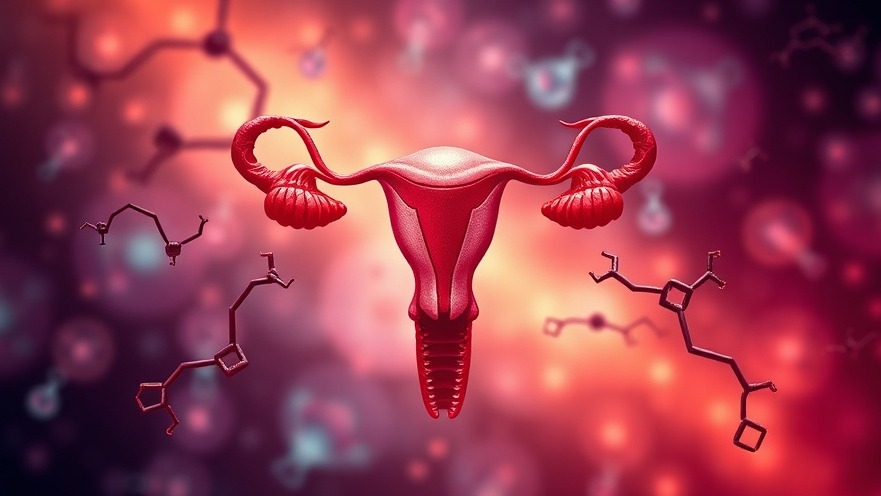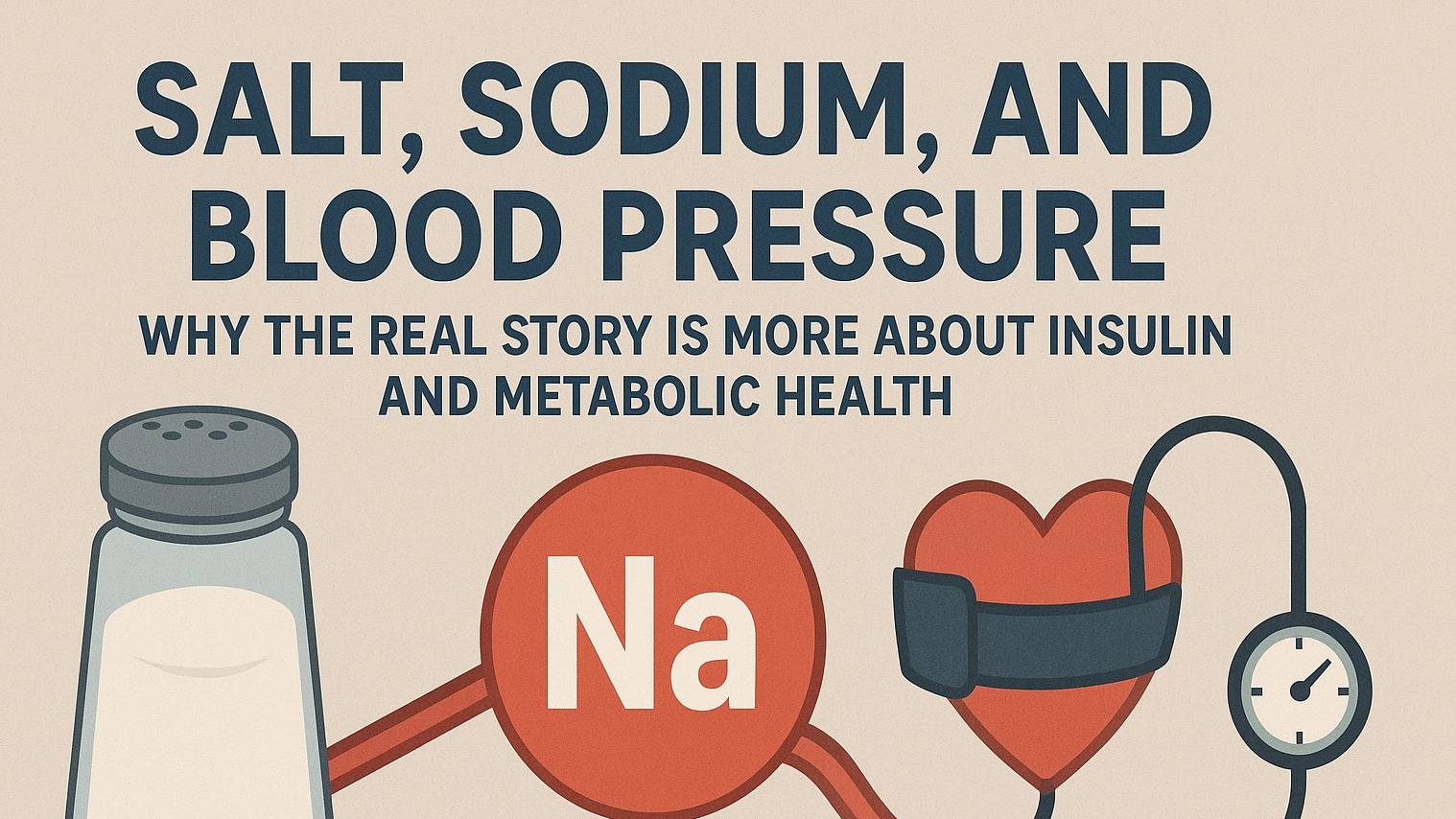
"The human body is the best picture of the human soul."
– Ludwig Wittgenstein
Hormones play a pivotal role in regulating various aspects of sexual function, including reproductive processes, sexual performance, libido, and aspects of gender identity. Among these hormones, estrogen, testosterone, and progesterone are key players. Understanding their functions and interactions provides valuable insights into human sexuality and health.
Estrogen: The Essential Female Hormone
Estrogen is primarily known as the female sex hormone, though it is present in all genders. It is crucial for the development and regulation of the female reproductive system and secondary sexual characteristics.
Reproductive Function: Estrogen regulates the menstrual cycle by controlling the growth of the uterine lining during the first part of the cycle. It prepares the body for potential pregnancy by promoting the maturation of the ovarian follicles. PMC
Sexual Performance and Libido: Estrogen contributes to vaginal lubrication and elasticity, facilitating comfortable and pleasurable sexual intercourse. Fluctuations in estrogen levels can influence sexual desire; for instance, some women experience increased libido during ovulation when estrogen peaks.
Gender Identity: While estrogen influences physical characteristics typically associated with femininity, gender identity is a complex interplay of biological, environmental, and psychological factors. Estrogen therapy is a component of gender-affirming treatment for transgender women, aiding in the development of secondary sexual characteristics aligned with their gender identity.
Testosterone: Beyond Male Sexual Health
Testosterone is often labeled as the male sex hormone, but it plays significant roles in all genders.
Reproductive Function: In males, testosterone is essential for the development of the testes and prostate, as well as the production of sperm. In females, it contributes to ovarian function and bone strength.
Sexual Performance and Libido: Testosterone is a critical factor in sexual arousal and desire in both men and women. Low levels can lead to decreased libido and sexual satisfaction. Testosterone therapy has been shown to improve sexual desire in postmenopausal women experiencing hypoactive sexual desire disorder (HSDD).
Gender Identity: For transgender men, testosterone therapy induces physical changes such as increased muscle mass, body hair, and deepening of the voice, aligning their physical appearance with their gender identity. Wikipedia
Progesterone: The Balancing Hormone
Progesterone is another vital hormone, particularly in the female reproductive system.
Reproductive Function: Progesterone prepares the endometrium for potential implantation of an embryo and maintains pregnancy. It inhibits muscle contractions in the uterus that could cause the body to reject an egg. Medical News Today
Sexual Performance and Libido: The role of progesterone in sexual desire is complex. Some studies suggest that high levels of progesterone may be associated with decreased libido, while others indicate it has minimal impact. Medical News Today
Gender Identity: Progesterone's role in gender identity is not well-defined. However, it is sometimes included in hormone therapy regimens for transgender women, though its efficacy and impact are subjects of ongoing research.
Interplay of Hormones in Sexual Function
The balance and interaction among estrogen, testosterone, and progesterone are crucial for optimal sexual health. Disruptions in these hormones can lead to various sexual dysfunctions.
Hypogonadism: A condition where the sex glands produce little or no hormones, leading to symptoms like low energy, decreased sex drive, and reproductive issues. Treatment often involves hormone replacement therapy (HRT) to restore hormone levels.
Menopause and Andropause: Natural declines in estrogen and testosterone during aging can affect libido and sexual performance. HRT can alleviate some of these symptoms but should be approached cautiously due to potential risks. Wikipedia
Hormones and Gender Identity
While hormones influence physical sexual characteristics, gender identity is a deeply personal experience that may not align with one's biological sex. Hormone therapy is a significant aspect of the transition process for many transgender individuals, helping to develop physical traits that correspond with their gender identity.
Transgender Women (Male-to-Female): Estrogen therapy promotes breast development and redistributes body fat to a more typically feminine pattern.
Transgender Men (Female-to-Male): Testosterone therapy induces changes such as increased body hair, muscle mass, and a deeper voice. Wikipedia
It's important to note that while hormone therapy can assist in aligning physical appearance with gender identity, gender identity itself is not solely determined by hormone levels.
Conclusion
Estrogen, testosterone, and progesterone are integral to various facets of sexual function, from reproductive health to sexual desire and performance. Their roles are complex and interwoven, influencing not only physical processes but also aspects of identity and well-being. Ongoing research continues to unveil the depths of how these hormones affect our lives, underscoring the importance of a nuanced understanding of their functions.
 Add Row
Add Row  Add
Add 










Write A Comment